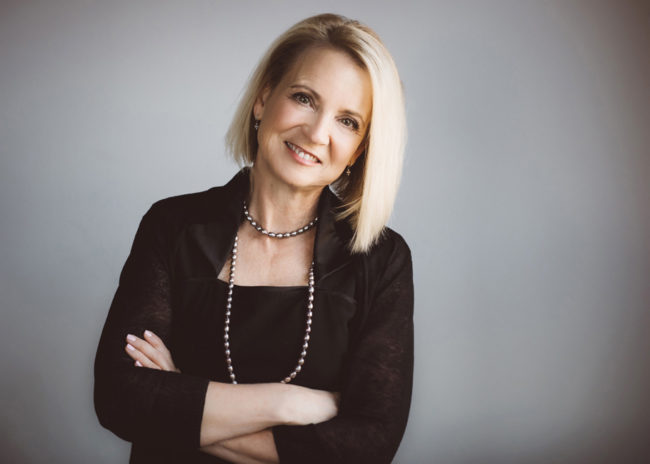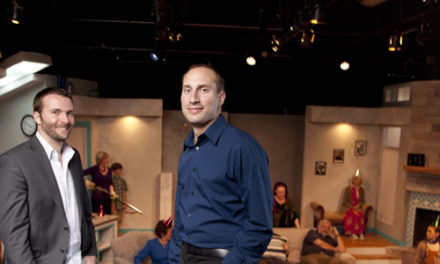
by TINA PETERSON
“Economic Equality.” It’s a term we most often hear in news stories, academic articles, and reports. Frequently it is used in conjunction with phrases like “equal access,” “equitable pay,” “a level playing field.” Ask almost anyone and you are likely to get a fairly textbook definition.
Conversely, “economic inequality” generates a bit more passion. When you ask, the response becomes more emotional. It generates concerns about voice, opportunity, and influence. People speak about equal access to housing, to health care, to good jobs, to fair and equitable pay, and to education.
Further qualify economic inequality by applying the lens of gender, specify economic inequality for women, and you no longer hear definitions and concerns—you hear stories. Whether it’s men or it’s women, everyone seems to have a story about their mother, their sister, their co-worker, or their friend. You hear about widowed, single, divorced, or even married women who struggle to raise their children, care for their parents, and work. You hear of women who forgo jobs, promotions, and opportunities in order to care for their family members; women who are underpaid or undervalued because they juggle the unpaid work required to care for others.
Nurturing others may come naturally to women, but it comes at a cost. It’s a cost often borne by their children. Without access to affordable child and elder care, women struggle to find work that offers the flexibility and benefits necessary to sustain their children and their families. One in four children under the age of 18 are raised by a single mother whose earning power lags that of men. Only one-third of these women receive child support and they are more likely to be poor; this means their children will make the transition to independence without the benefits of even a modicum of financial security and all that begets.
We have a crisis of care in this country—child care, elder care, care for those with disabilities. If we are to achieve the level of success that we as a community and country aspire to, we cannot continue to place responsibility for this shortcoming on the shoulders of women. Addressing generational poverty, the insurmountable divide between welfare and wealth, and even workforce shortages demands that we do so much better.
Tina Peterson serves as the president and CEO of the Community Foundation of Bloomington and Monroe County, an organization powered by giving and committed to addressing the community’s most pressing needs and compelling opportunities. She also serves as the p resident and CEO of Regional Opportunity Initiatives (ROI), an organization working to advance economic and community prosperity in the Indiana Uplands, an 11-county region in southwest central Indiana.










